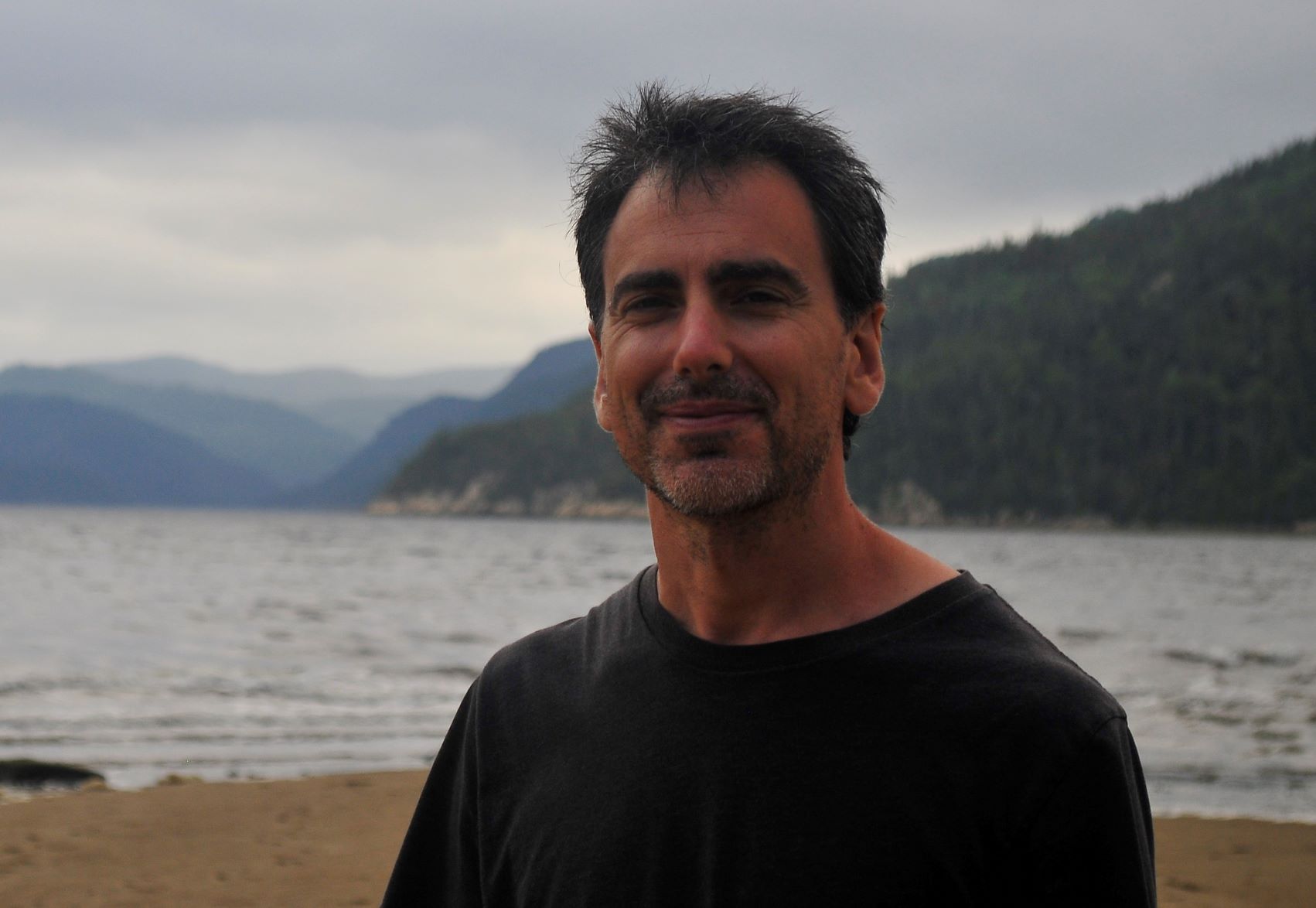
Tell us a bit about the essay you wrote for JNT.
My essay in JNT introduces the special issue I guest edited on “Narratologies of Science.” I have always been interested in how scientists develop all kinds of strange models, diagrams, thought experiments and other weird ways of describing or representing natural phenomena. These phenomena, especially if they occur at very vast or very small spatial or temporal scales, often frustrate common-sense ways of explaining the world—our folk psychology. This includes narrative, one of our most powerful tools for making sense of the world. I figured that narratology has always engaged productively with literary texts at the margins of narrative; many of its most significant expansions have occurred when it tried to make sense of seemingly non-narrative or anti-narrative texts, most notably modernist and post-modernist experimental fiction. My introduction and the whole special issue explores the possibility of further expansion of this kind, but through the sciences rather than experimental literature. Arguably, the challenges and possible expansions narratology encounters through science are even more profound than those it encounters in even the most out-there literary texts. It’s not that science doesn’t use narrative, or narrative elements; rather, what the essays in this special issue all argue in one way or another is that narrative is distorted, expanded and bent into new forms by its encounters with the “unnarratable”—phenomena, processes, models or theories that resist narrativization.
What inspired you to research this topic?
I did my undergraduate and master’s degrees in ecology and evolutionary biology, and these and other sciences stayed on my mind after I had migrated to literary studies. I soon discovered plenty of scholarship on narrative and science, which I devoured. Most of it, however, studied either how scientific ideas are imported into fiction, or how science can be read as literature. I found much less about how sciences could enrich narrative theory.
This idea—that the sciences could advance narratology—emerged from my doctoral work. My dissertation studied intriguing parallels between scientific models of embryological development and the narrative structure of the Bildungsroman in the early twentieth century, a time when biology was changing rapidly and when Bildungsromane were becoming increasingly experimental in form. While revising my dissertation into a book, I became interested in the theoretical implications of this relation, the ways in which scientific texts (unwittingly) generate their own, perhaps unique narrative forms by virtue of struggling to describe or represent its objects, models and theories.
What was the most exciting thing about this project for you?
By far the most exciting part of this project was realizing how many narrative theorists were interested enough in my topic to submit a proposal for this special issue. I received an overwhelming number of proposals from around the world, from scholars both established and emerging, and so many of these submissions were great. I could choose only six, but that level of interest made me think, “this is a topic worth pursuing.” The special issue also put me in touch with several anonymous peer-reviewers—some of them major luminaries in narratology, philosophy of science, and literary studies, whose work I had personally admired for years—and that was an unexpected bonus. Their excitement about the topic, evident in the close attention they paid to the essays they reviewed, was hugely gratifying.
Has your research on this topic changed the way you see the world today?
Definitely. Reading the essays by the six contributors inevitably expanded my ideas about the relationship between narrative and science. Also, writing the introduction led me know areas I would likely never have visited otherwise. My decision to talk about the possibility of reading Feynman diagrams (from particle physics) as a narrative led me to read up on what philosophers of science have said about them, which was extremely challenging in the most gratifying way possible. Reading the other contributors submissions was also illuminating and mind-expanding because they all see the science-narratology nexus is ways that overlap but are not identical with mine; it helped keep me from becoming overly attached to my particular vision for a narratology of science.
What's next for you?
As usual, I have many—too many—projects on the go. I am very enthusiastic about continuing to work on the issues covered in the JNT special issue, possibly in the form of a co-edited collection of essays. Another project, hopefully out soon, will be a web-based writing resource for scientists. It will re-frame familiar approaches to clear technical writing by means of narrative theory and discourse analysis; this way, I hope to bring narrative strategies to scientists while avoiding the dubious approaches associated with “science storytelling.” Finally, I am working on several individual essays on various intersections between scientific and narratological questions, including what I hope will be a new perspective on literary character derived from some of Richard Dawkins’s most intriguing ideas, and another on the possibility of discordant narration in scientific articles.
